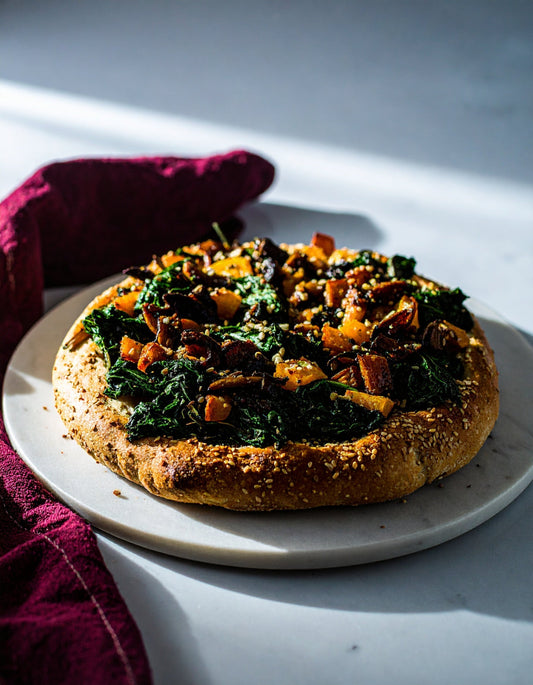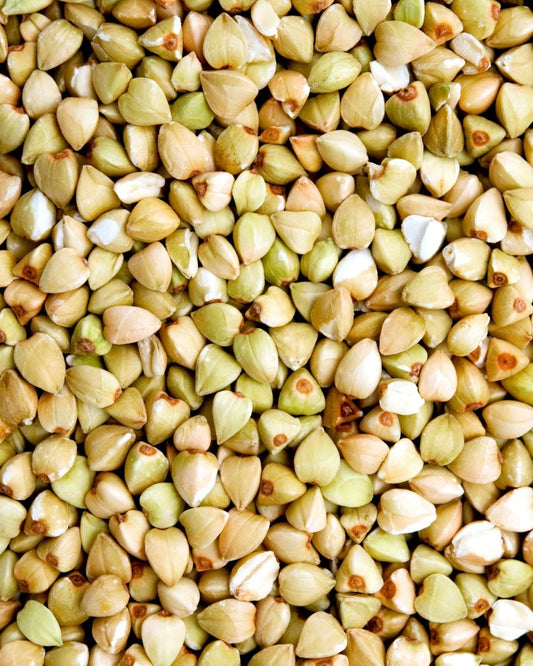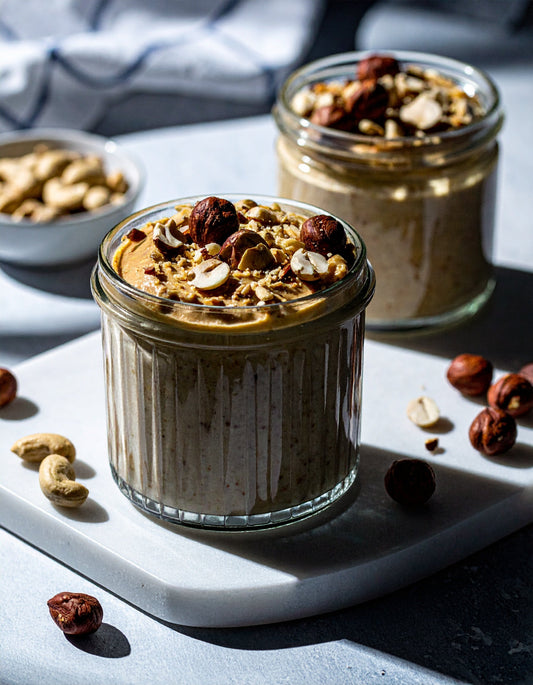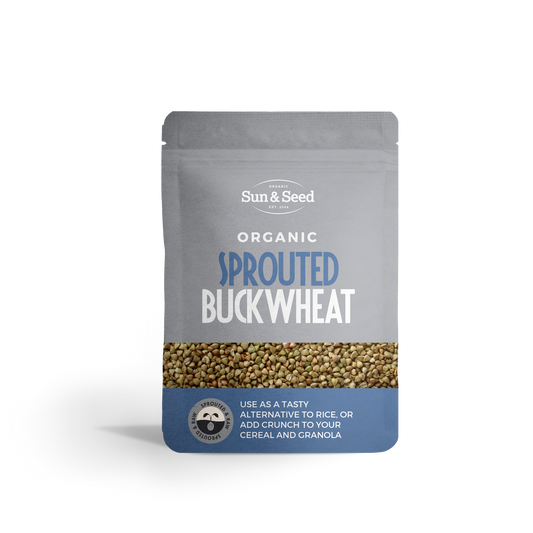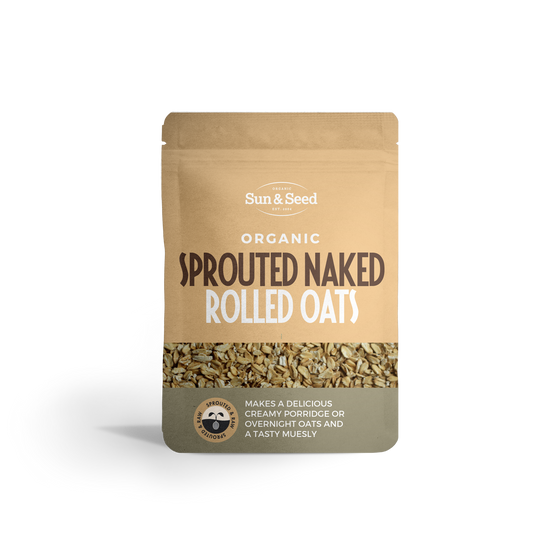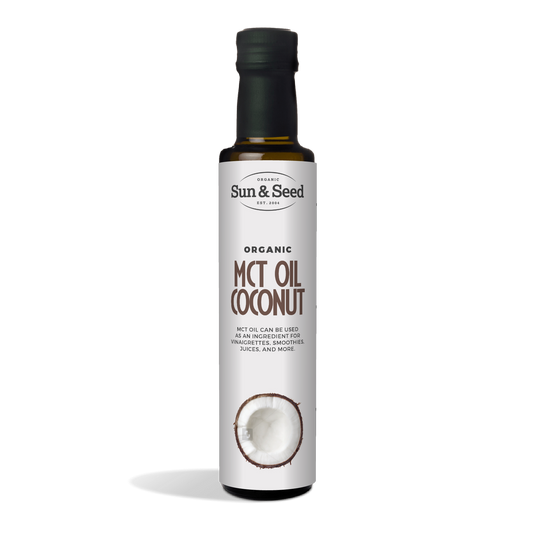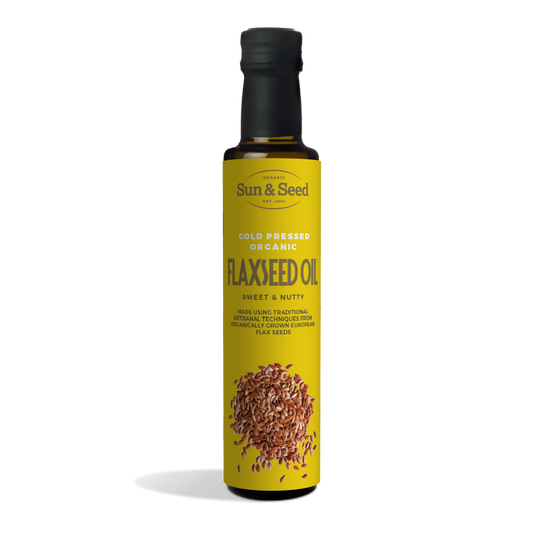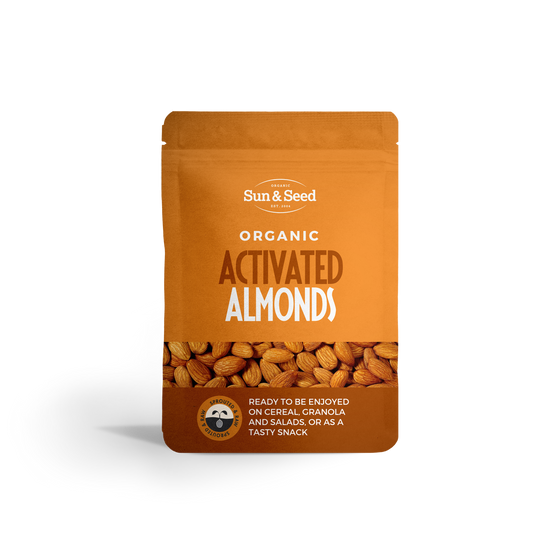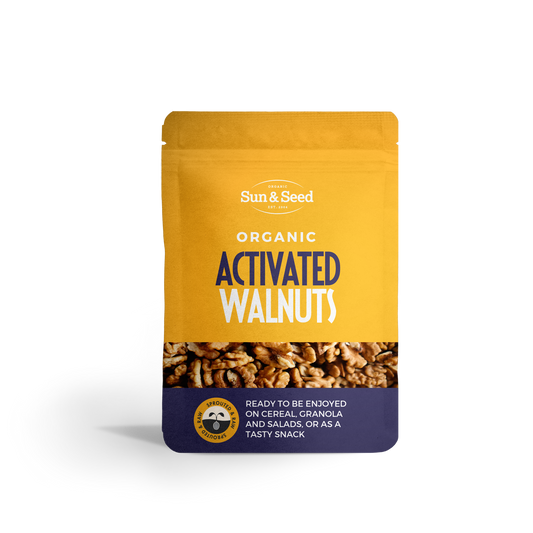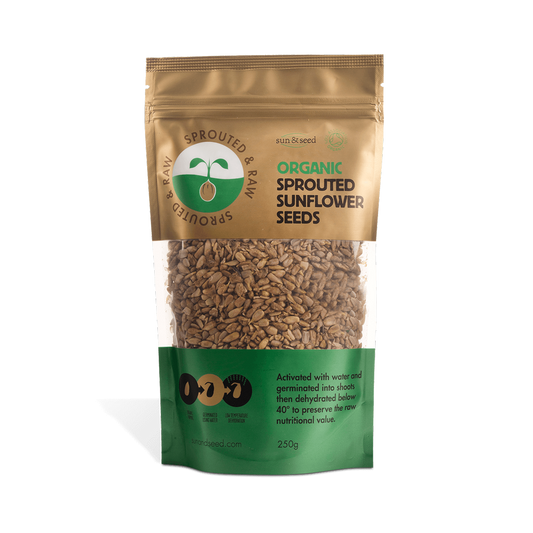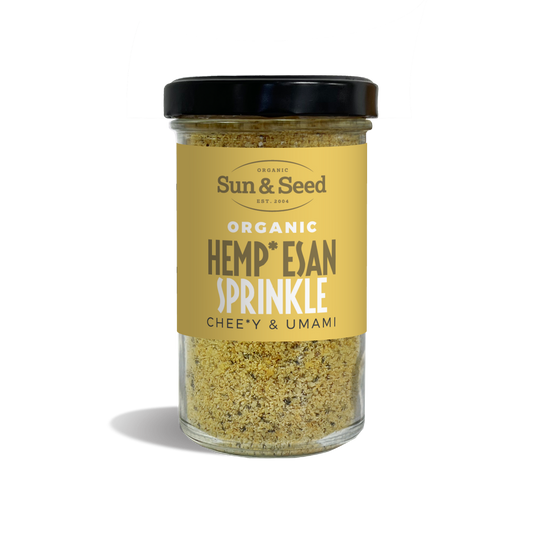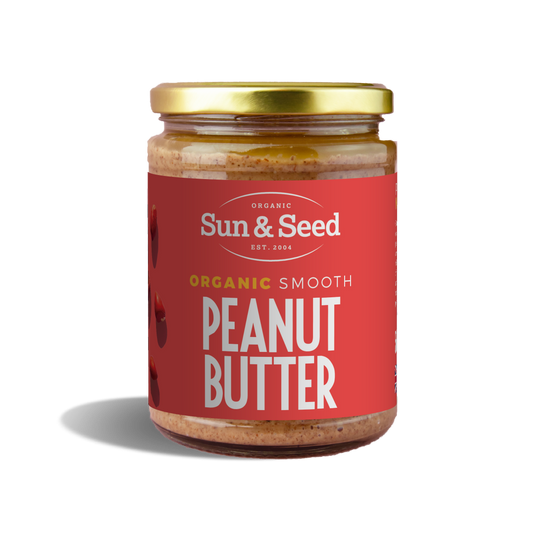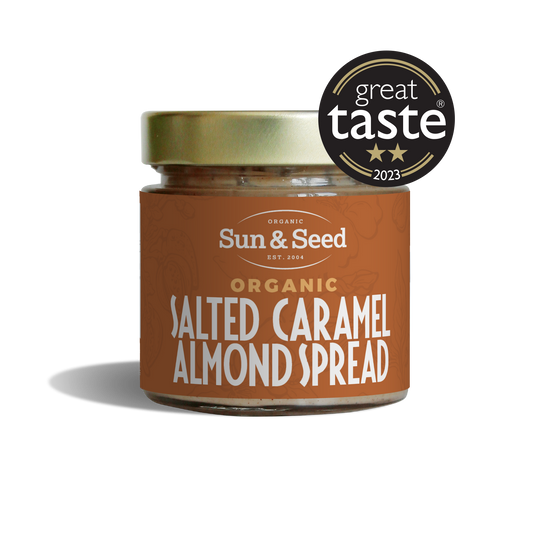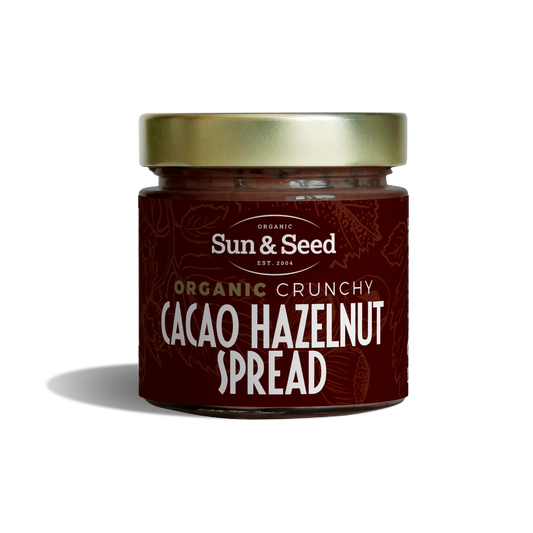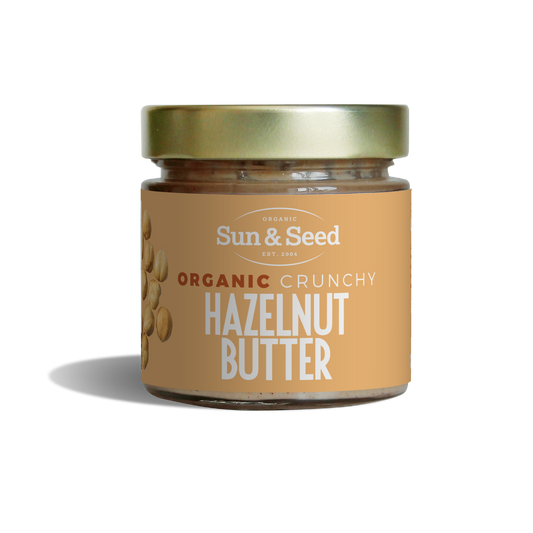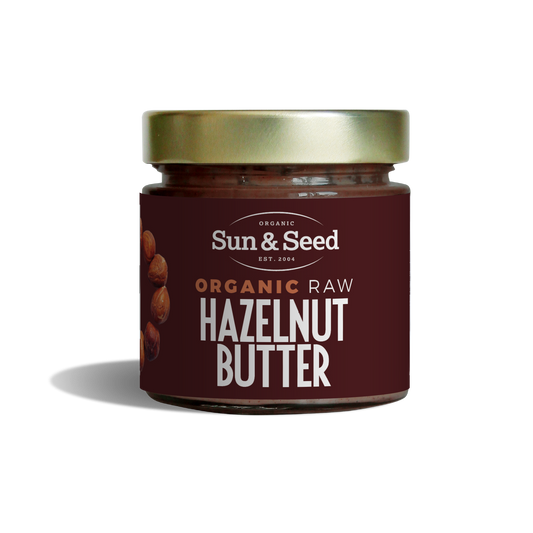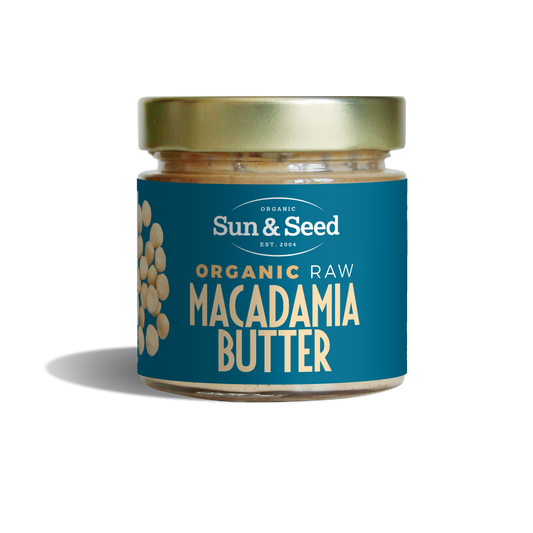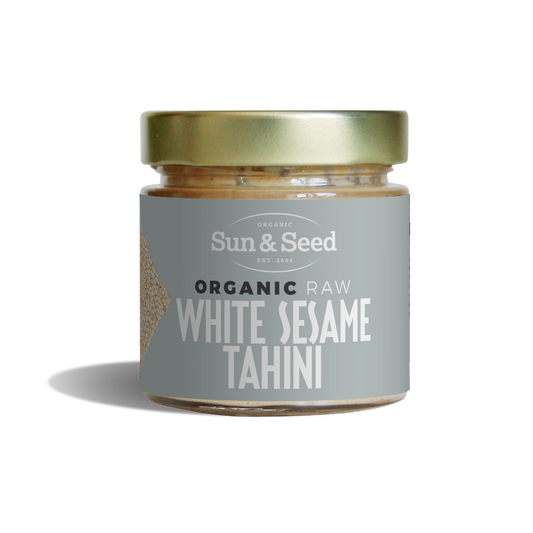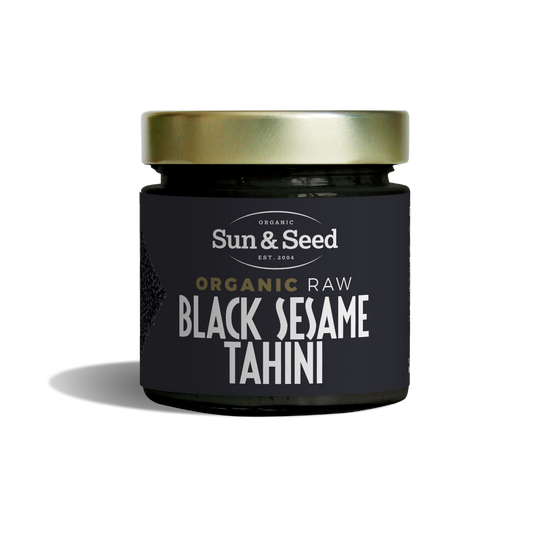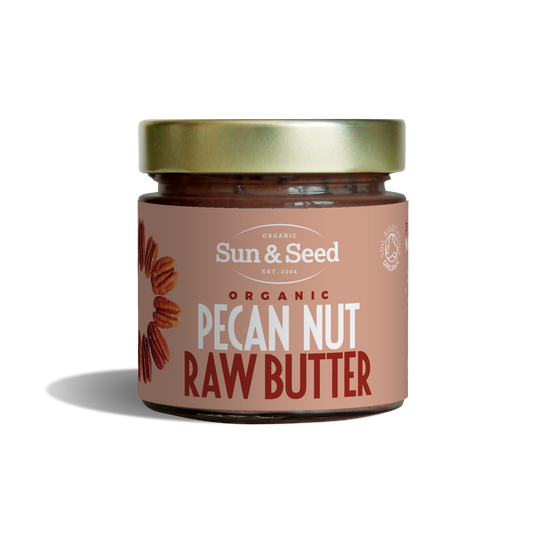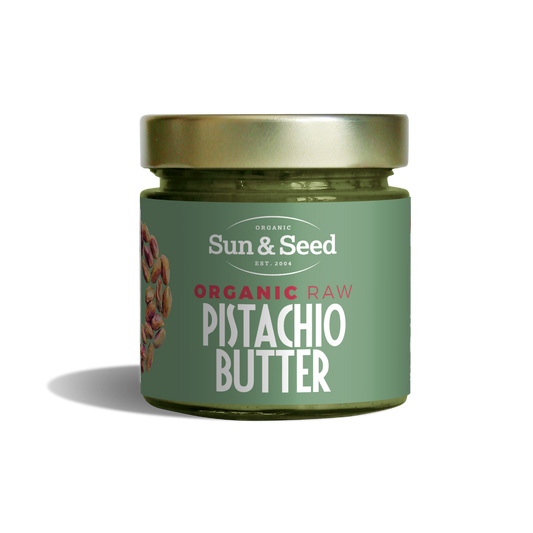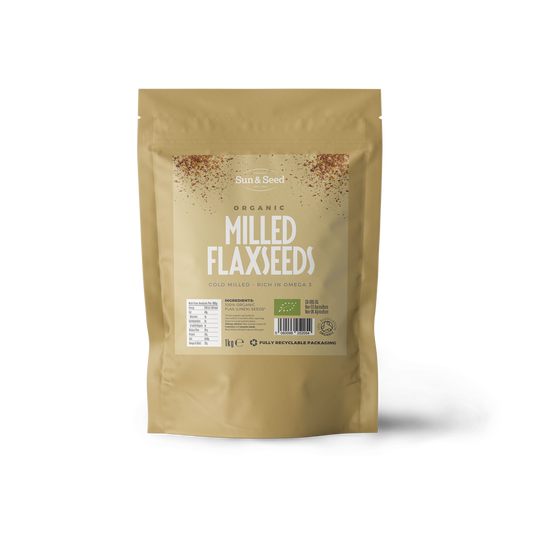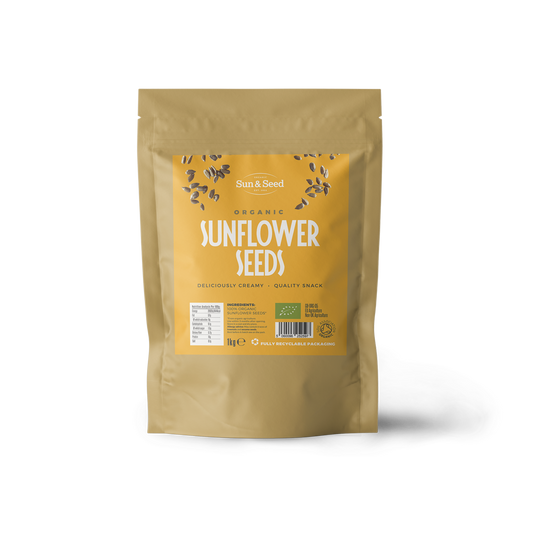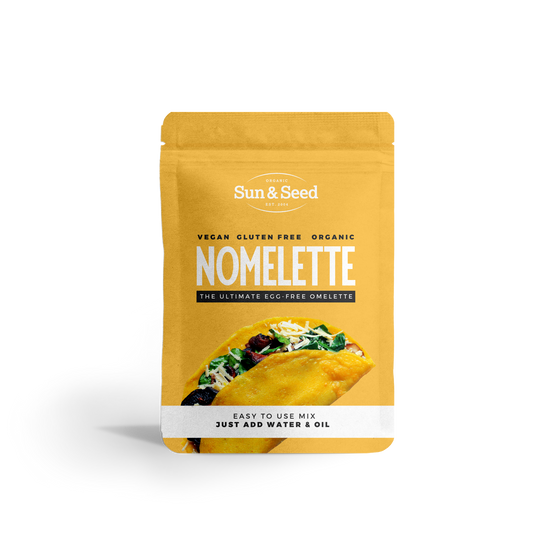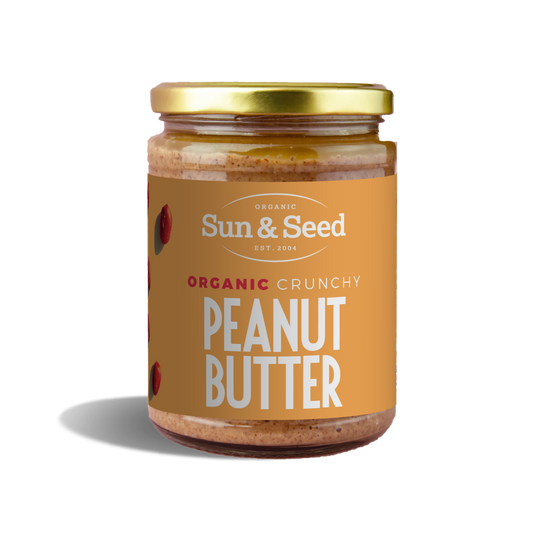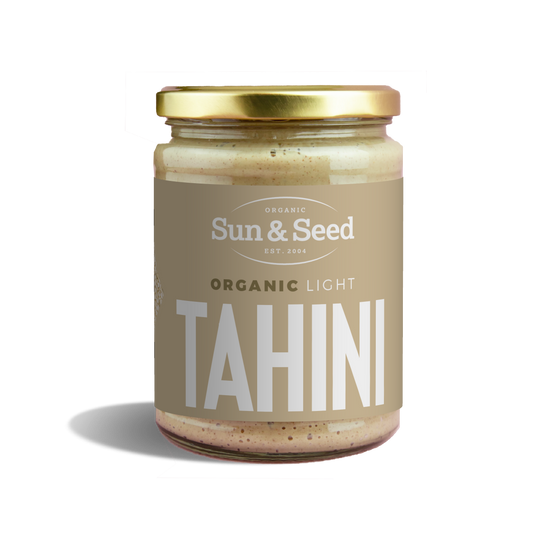One of the notable characteristics of chia seeds is their protein content. Chia seeds contain approximately 14% protein by weight, making them relatively protein-rich among seeds and plant-based foods. Here's a more detailed look at chia seed protein:
-
Complete Protein Source: Chia seeds are classified as a complete protein source, meaning they provide all nine essential amino acids required for human health. These amino acids are the building blocks of proteins and are crucial for various bodily functions, including tissue repair, immune support, and enzyme production. Chia seeds are particularly valuable for individuals who follow vegetarian or vegan diets, as they can help ensure a well-rounded amino acid profile.
-
High-Quality Protein: Chia seed protein is considered high-quality and easily digestible. High-quality protein sources contain a balanced array of amino acids, and chia seeds fit this description. This makes chia seeds a valuable addition to a plant-based diet, providing the necessary amino acids for overall health.
-
Muscle Recovery: The protein in chia seeds can play a vital role in muscle recovery and repair. After physical activity, our muscles undergo stress and micro-tears. Protein helps in rebuilding and repairing these muscle fibers, making it an essential component of post-workout nutrition. Athletes and individuals engaged in regular physical activity can benefit from chia seeds' protein content.
-
Satiety and Weight Management: Protein is well-known for promoting a sense of fullness and aiding in appetite control. Chia seeds' protein content can contribute to this effect when incorporated into meals or snacks. By helping to curb hunger and prevent overeating, chia seeds may support weight management efforts.
-
Versatile Usage: Chia seeds are incredibly versatile and can be incorporated into a wide range of dishes. They can be sprinkled on top of yogurt, added to smoothies, mixed into oatmeal, or used as an ingredient in baking. When combined with liquid, chia seeds develop a gel-like texture, which can be harnessed to create chia puddings or used as a vegan egg substitute in various recipes.
It's worth noting that while chia seeds are a good source of protein, they are also calorie-dense due to their fat content. However, the fats in chia seeds are predominantly healthy, consisting of omega-3 fatty acids, which are beneficial for heart health and overall well-being. Additionally, chia seeds are rich in dietary fiber, which can support digestive health and help regulate blood sugar levels.
When incorporating chia seeds into your diet, it's essential to be mindful of portion sizes to manage calorie intake effectively. Adding a small amount of chia seeds to your meals or snacks can be a valuable component of a balanced diet, providing not only protein but also an array of essential nutrients.
For personalized dietary guidance and recommendations on how to best incorporate chia seeds into your diet based on your specific dietary needs and goals, it's advisable to consult with a healthcare professional or nutritionist. They can help you create a plan that aligns with your nutritional objectives and overall health.


